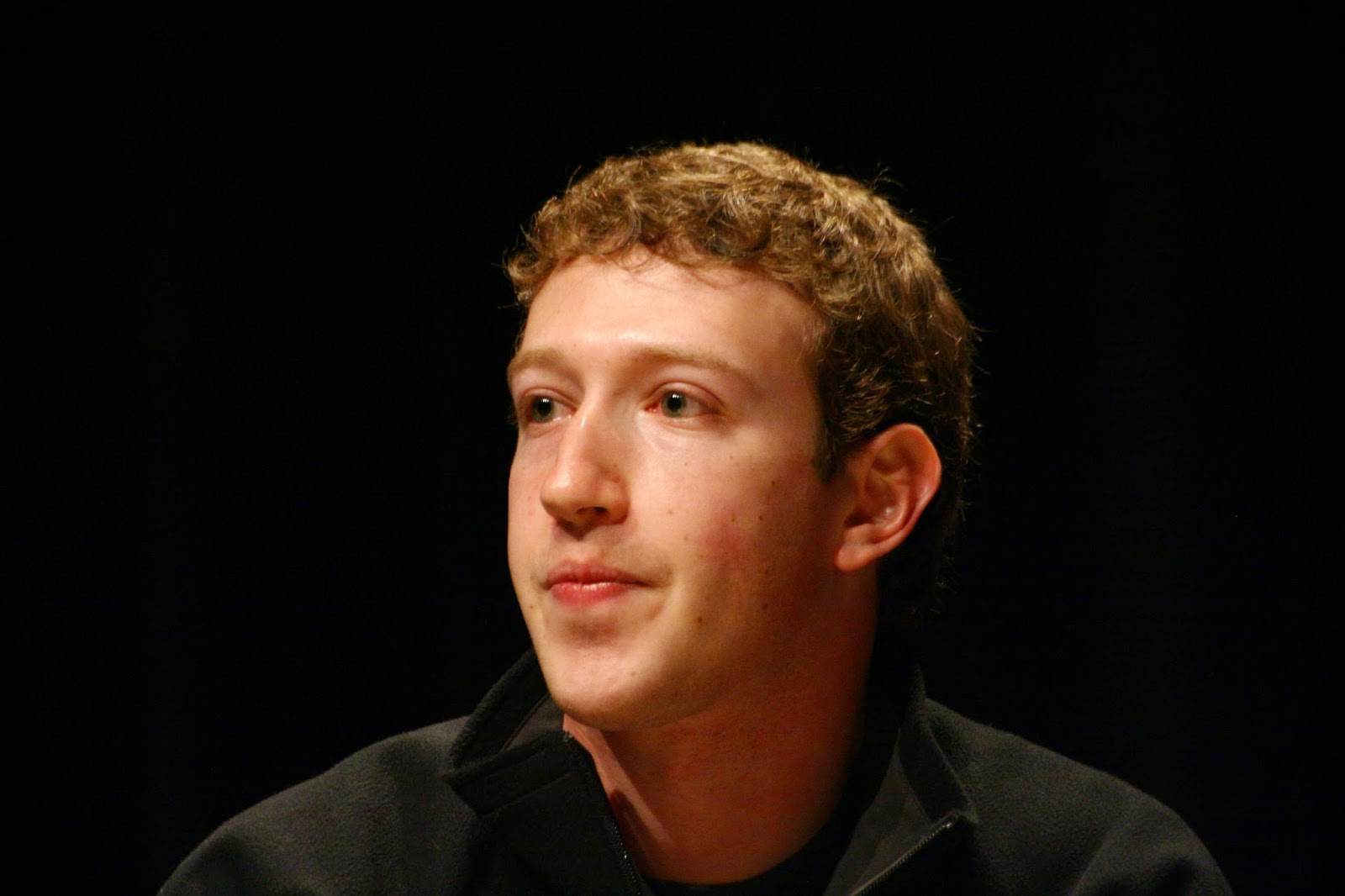Here's why
you're wrong, Mr. Zuckerberg
By
providing a limited version of the internet, with pre-selected websites, as
critics point out, includes Facebook as the centrepiece. This automatically
omits a huge part of the internet.
What’s
internet.org?
In a few developing countries, Facebook has tied up with certain
telecom providers to offer their subscribers free access to select Web sites.
In India, its partner is Reliance Communications. Such a scheme is referred to
as a zero-rating scheme.
When did it
launch in India?
February, 2015
How many
sites are offered free, and which are these?
Over three dozen. Many are content sites (e.g. Aaj Tak, Times of
India, India Today) and some are educational sites (Internet Basics,
Wikipedia). The list also includes Facebook, Microsoft’s Bing search engine,
and Reliance Astrology.
Why does
Facebook want to do this?
Its stated intention is to make available internet to people who
don’t have it.
Why is
internet.org in the news now?
Because it is being accused of violating Net neutrality, public
support for which has been overwhelming. Some of its original content partners
such as Cleartrip and NDTV have pulled out of the platform after having a
rethink on the issue.
What is Net
neutrality?
It is the principle that all traffic on the Internet must be
treated equally by internet service providers. This has largely been the
default mode since Internet started.
What’s
Facebook CEO Mark Zuckerberg’s defence of internet.org in his signed newspaper
article?
Essentially that internet.orghelps lower the cost of accessing
the internet and also raises the awareness of internet’s value. He uses the
word ‘access’ 14 times in the article.
How does an
attempt to provide access violate the principle of Net neutrality?
By providing a limited version of the internet, with
pre-selected websites, as critics point out, includes Facebook as the
centrepiece. This automatically omits a huge part of the internet.
Is there
any other problem?
The actors in internet.org are all players with commercial
intent – Facebook, Reliance, many of the content sites. They have a competitive
advantage. And indeed, many of their business models are based on their ability
to accumulate bigger audiences. This creates winners and losers, and Facebook
gets to make that choice.
What payoff
do critics see in this for Facebook?
Internet companies such as Facebook look to keep increasing the
number of Internet users. Their revenue models are largely advertising-led. So,
more users makes better business sense. And for players such as Facebook, the
more developed markets are saturating.
Have there
been similar zero-rating schemes?
Yes. Players such as Google, Twitter and Facebook have
separately tied up with telecom players to offer their apps free of cost to
users. Airtel Zero, which has got itself into a lot of controversy, is also a
zero-rating scheme.
What has
been the global experience?
Countries such as Chile and Slovenia have banned zero-rating
schemes while many European countries are said to be considering such a move.


No comments:
Post a Comment